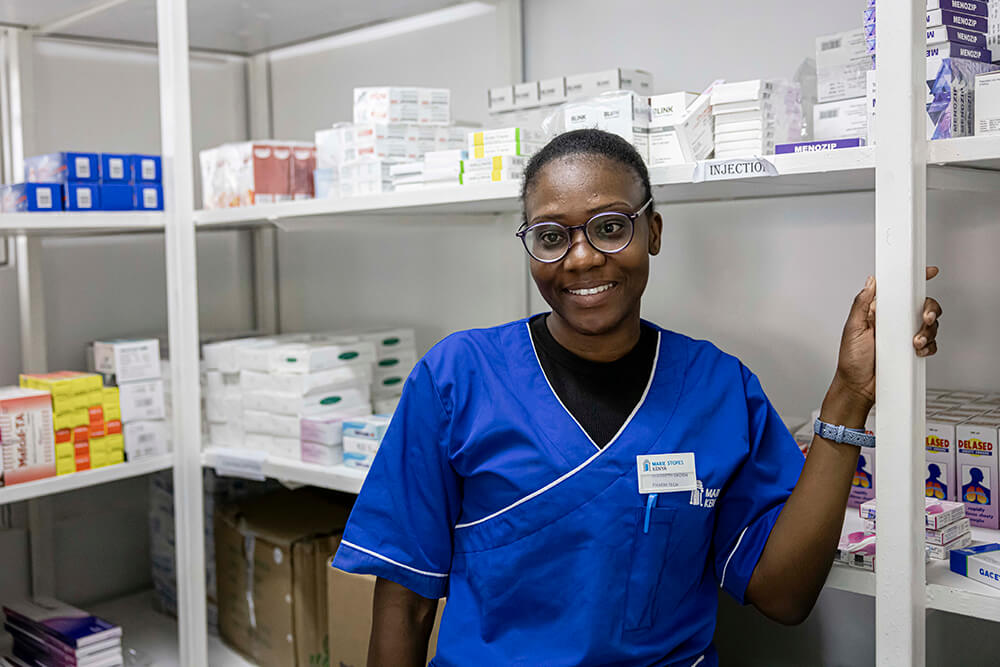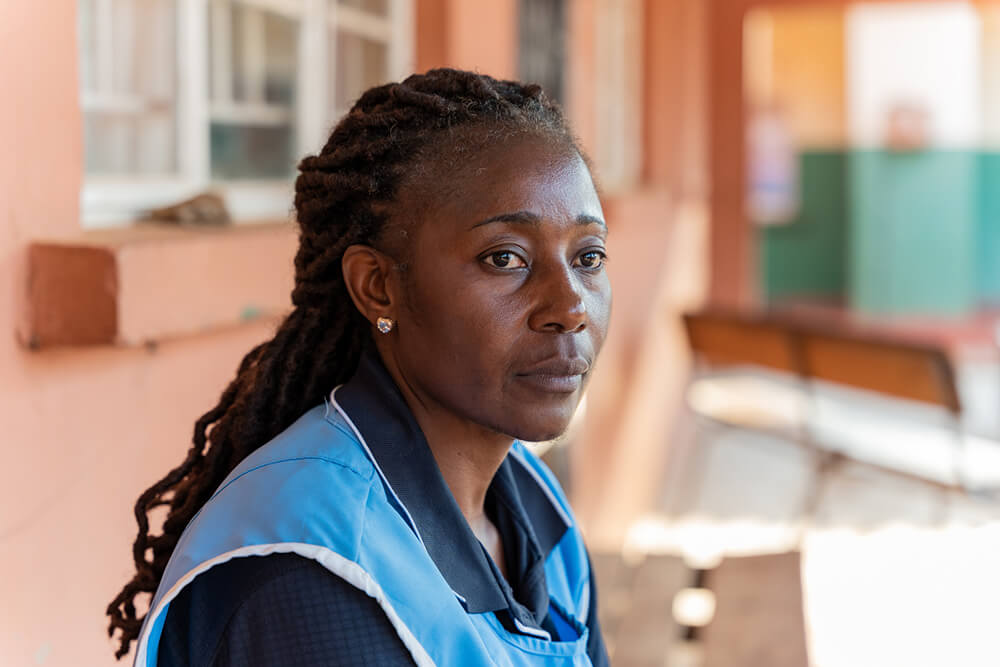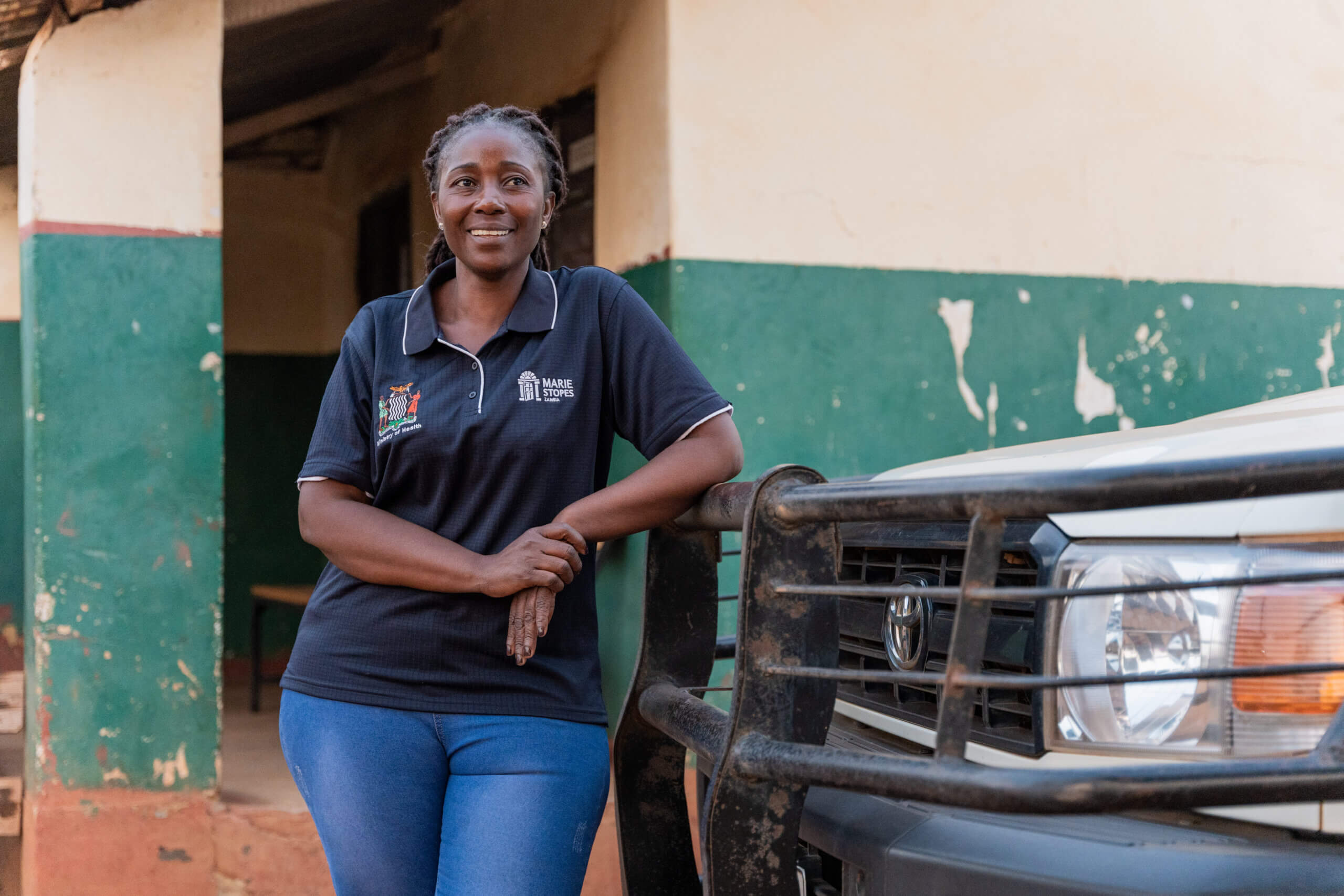Disability-inclusive outreach in Zambia
What does it mean to make reproductive healthcare inclusive for people with disabilities? For the team at MSI Reproductive Choices in Zambia, it means working closely with disability rights advocates. Their program is creating programs and services that truly address the needs of this community.
One advocate we partner with is Peter Bwale, Director of New Foundation for the Blind, a national disability rights organization reaching six provinces throughout the country. At a recent outreach day, we spoke to him about how sexual and reproductive healthcare can be life-changing. He shared what it takes to reach his community with disability-inclusive reproductive healthcare.
A day at George Compound
George Compound is an urban settlement area of more than 81,000 people in Lusaka, Zambia. It’s one of the city’s poorest neighborhoods. On a hot breezeless day, Peter joined the MSI team at a mobile outreach event held in the Compound’s marketplace that brought together MSI, the Ministry of Health, and several partners to offer integrated health services in the heart of the community.
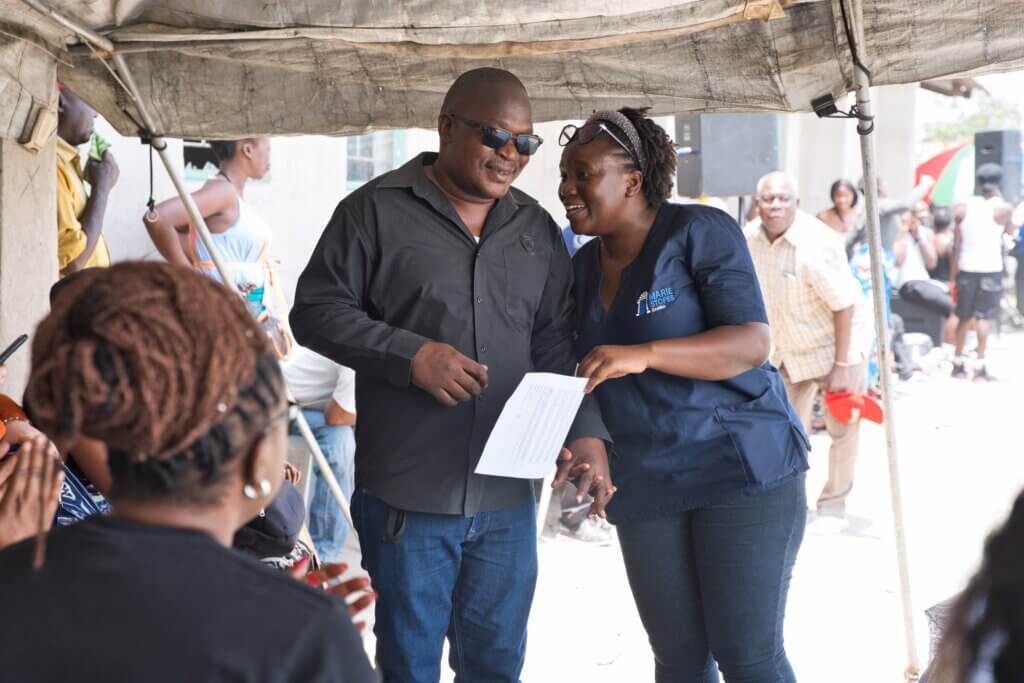
With the help of an escort to navigate the crowd, Peter greeted providers and clients with enthusiasm. Music blasted and local talent displayed their dance moves to draw passersby to the site.
Many people with disabilities live in unplanned “settlements” like this one—neighborhoods with limited access to hospitals and other health infrastructure. When MSI sought to identify outreach locations for the year, the team worked with the government and advocates like Peter to find the neighborhoods that would put disability-inclusive reproductive healthcare within reach for the most people.
Trusted community members make care accessible
Peter emphasized the importance of having trusted community members spread the word about reproductive health services. “When it is a fellow person with a disability talking to you about it, you take it as gospel,” he explained. “Now we have quality information, which is life-saving. What is important is sending the correct message by the right messengers who are going to deliver the message.”
Inonge Wina-Chinyama, MSI Zambia’s Operations Director, explained that working with advocates like Peter is a core part of MSI’s strategy. “Unlike other interventions, mobilization for disability-inclusive reproductive healthcare is led by the organizations for and of persons with disabilities.” These trusted community members speak directly to the needs of people with disabilities.
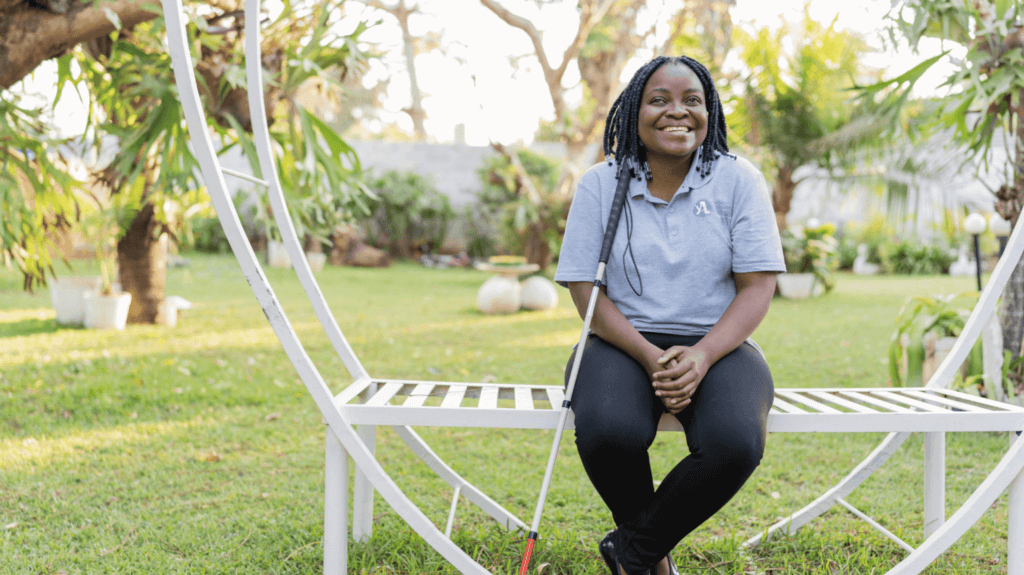
MSI provided transportation for people who might otherwise struggle to make it to the outreach site, because of distance or physical challenges. Once they arrived, MSI staff worked side by side with government healthcare workers. They provided a wide range of services. These included short and long-acting contraceptive methods , HIV/STI counseling and screening, medication for people living with HIV, nutrition assessment and support, and a host of services for adolescents and young people, like counseling and information on menstrual health. The MSI team has also trained providers in basic sign language and developed job aids in sign language that help healthcare providers communicate with deaf clients.
This integrated model of working in partnership with the Zambian Ministry of Health to provide reproductive healthcare alongside other primary healthcare services at the community level is key to our disability inclusion approach. It makes services more accessible within the community. It also allows those who are living with disabilities to avoid multiple visits to different health providers.
Disability-inclusive reproductive healthcare
Peter, who lost his sight when he was 14, believes that MSI’s work is changing lives. Training providers to provide respectful care for people with disabilities, in partnership with disability advocates, has empowered disabled people to take control of their own health.
“It is only us, persons with disabilities, who can tell our story about ourselves,” he says. “This is a better story, a true story. We need more collaboration with MSI where we can partner. They provide the training, they inform us, we go and train others.”
Over the course of a busy day at George Compound, the MSI team served 187 clients, including 29 clients with a disability. It’s a small portion of a much larger movement across MSI’s country programs to make our services inclusive to people with disabilities—and it’s having results. In 2023, 4% of the women and girls we served lived with a disability.
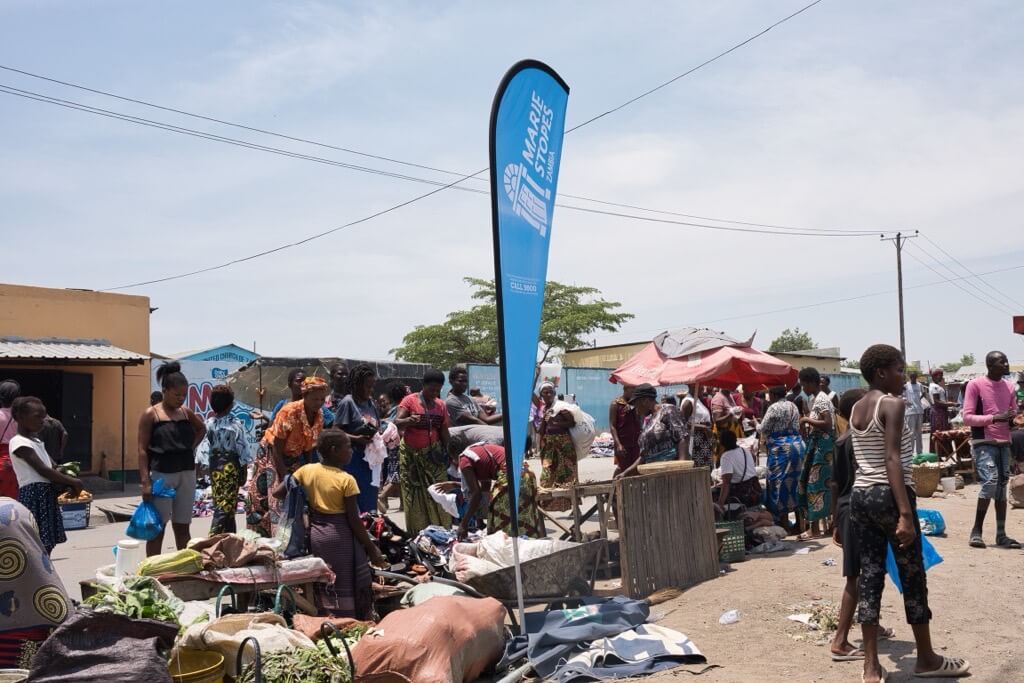
What’s next for this work? Inonge reports that the MSI team is working with the Ministry of Health and organizations to develop a new tool assessing disability service inclusiveness at public health facilities. It’s the first step in helping government-run health facilities improve services for everyone. The team is also continuing outreach to the disabled community. This is raising awareness about the inclusive sexual and reproductive healthcare services available.
Because of MSI’s partnership with disability advocacy organizations, more people living with disabilities were able to receive accessible, sensitive care that met their unique needs and gave them the chance to control their futures.



